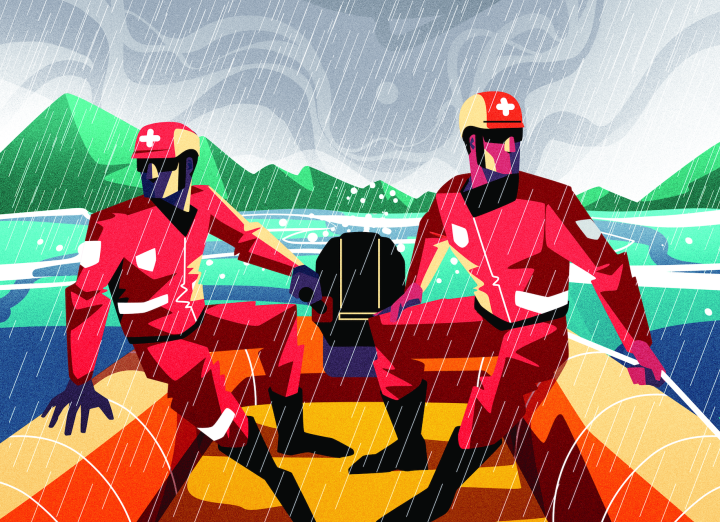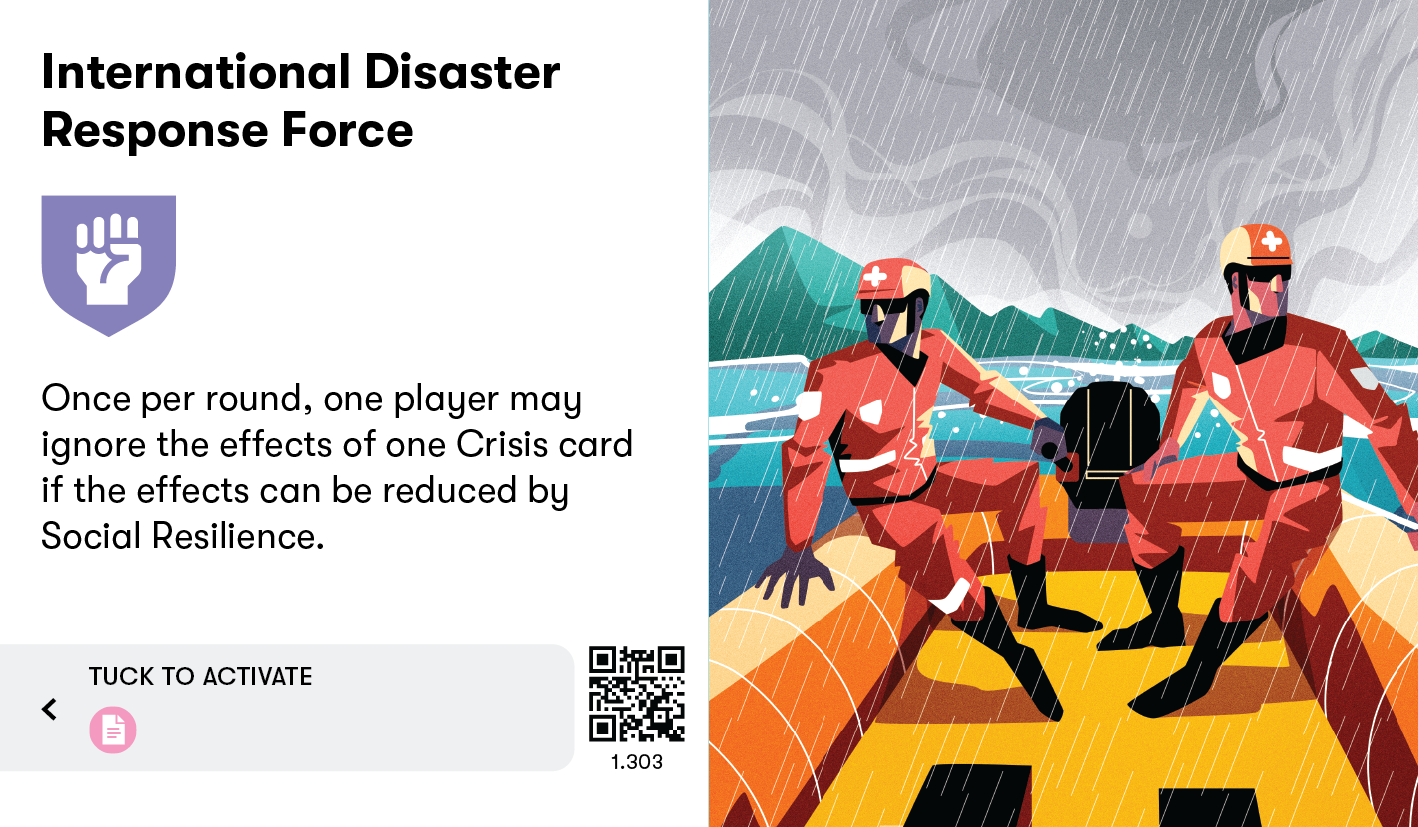International Disaster Response Force
Global Project
Globally, countries often come together to support each other during disasters. There are mechanisms in the United Nations, the International Federation of Red Cross and Red Crescent Societies, for example, for people to work together internationally to provide food and supplies, political coordination or medical care. There are also pooled global funding mechanisms, which provide funding to a country experiencing a disaster.
Disaster aid is often tailored to different strengths and resources. Countries that have specific expertise, like Mexico’s skills in search and rescue, can send people to help with disaster situations in other parts of the world.
But international support can be useless if it does not take into account the context of the country experiencing the disaster. In addition, many ‘aid’ networks are run undemocratically, with aid spending used to further the donor’s interests and without the consent or involvement of local people receiving the funds (who will know best how it needs spending). International aid can also arrive too late or be useless - like shipments of clothing arriving when people actually need food. It should always promote local knowledge and capacity.
Greater collaboration during humanitarian responses can help avoid poor coordination and increase international support during disasters. A focus on localization of aid and leadership during emergencies, supported by the international community, would be the most effective approach.
To activate this Global Project, a player needs to tuck 1 Local Project card with a Regulation tag from their hands under this card.
Once active: Once per round, one player may ignore the effects of one Crisis card, if the effects of such Crisis can be reduced by Social Resilience.

Disaster Response Emergency Fund (International Federation of Red Cross and Red Crescent Societies, IFRC)
Localisation (humanitarian practice) (Wikipedia)
How Aid Became Big Business (Los Angeles Review of Books)
When disasters happen in other parts of the world, consider donating to international disaster response organizations that support “localization” to ensure that the aid is appropriate and supports local agency.
Pay attention to (and share) news from around the world, paying attention to “silent disasters” that might not receive much attention.
Encourage your government to support international humanitarian collaboration, with transparent procedures and in consultation with the people aid will be sent to.